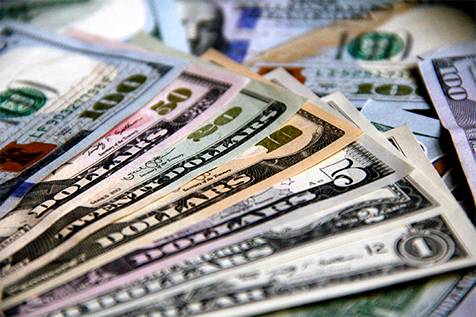Yen tumbled in European trade on Wednesday against a basket of major rivals, sharpening losses for the second session against the dollar and plumbing 34-year lows, and almost trading below 152 against the dollar.
Yen’s decline to three-decade lows prompted Japanese authorities to send out the strongest warning yet of a possible intervention into the forex market, with the finance minister stating authorities will take “decisive steps”.
The Price
JPY/USD rose 0.3% to 151.97, the highest since 1990, with a session-low at 151.45, after closing down 0.1% yesterday following strong US data.
Bearish Remarks
Bank of Japan’s member Naoki Tamura said on Wednesday that the BOJ must move slowly but steadily towards policy normalization.
He said he won’t gauge the extent of expected interest rate cuts by the BOJ, as such decisions will rely on data and economic developments.
However, he did say that the BOJ won’t raise interest rates as fast as the Fed did.
Crucially, he said that if the Japanese economy showed signs of weakness, the BOJ will apply an accommodative policy that could include renewed negative rates.
Why is the Yen Collapsing after Rate Hike?
The yen fell 1.5% since the BOJ raised interest rates last week, with traders still focusing on the massive rate gulf between Japanese and other advanced economies.
Stronger Warning by Japanese Authorities
Japan’s finance minister, Shinuchi Suzuki, said on Wednesday that Japanese authorities are monitoring the forex market closely and will take “decisive measures” to protect the currency.
Such wording was used in previous instances when Japan did intervene to boost the yen’s standing against major rivals.
Previous Instances of Government Intervention
The Japanese government last intervened in October 2022 when the yen fell below 150 against the dollar and hit 151.94 for the first time since 1990.
Japan’s finance minister then purchased large amounts of yen and pushed the price towards 127 by January 2023, which is a 16% surge in value.
Yen Forecasts
Yen’s weakness makes imports costlier to Japan and feeds inflation, while making exports more competitive.
West Bank’s analysts said that the accommodative stance by the BOJ still reflects the structural weakness of the Japanese economy and the stark difference in policy with the Federal Reserve.
Disclaimer: The copyright of this article belongs to the original author. Reposting this article is solely for the purpose of information dissemination and does not constitute any investment advice. If there is any infringement, please contact us immediately. We will make corrections or deletions as necessary. Thank you.







